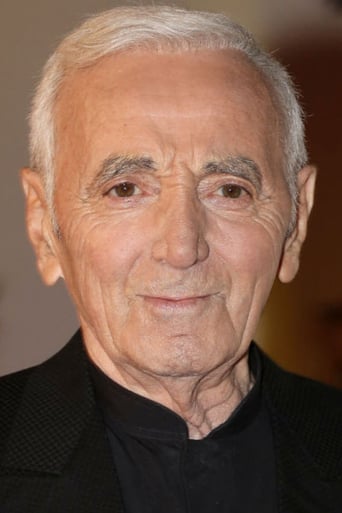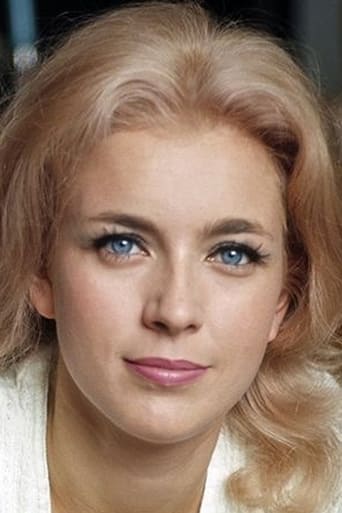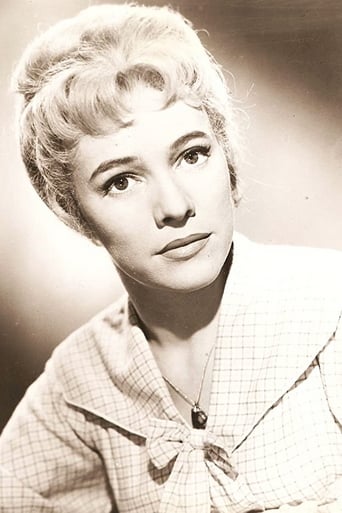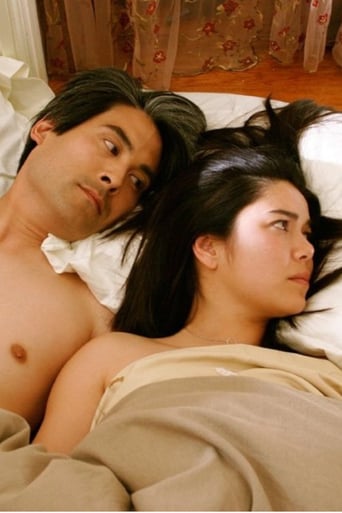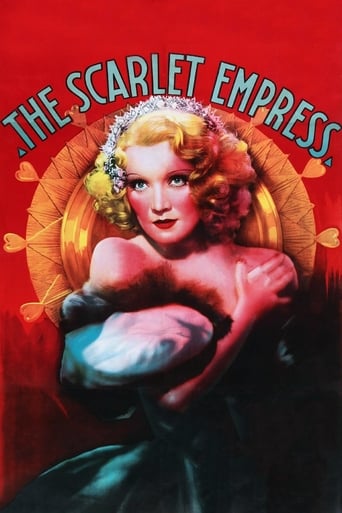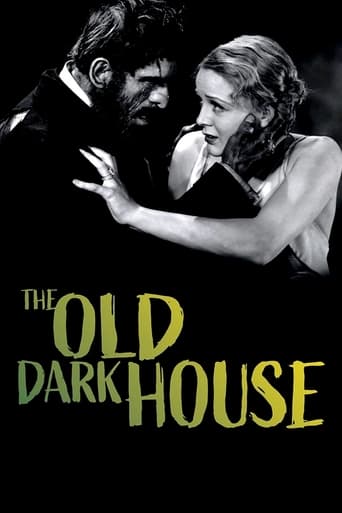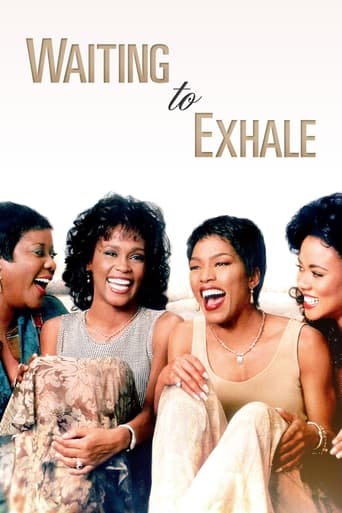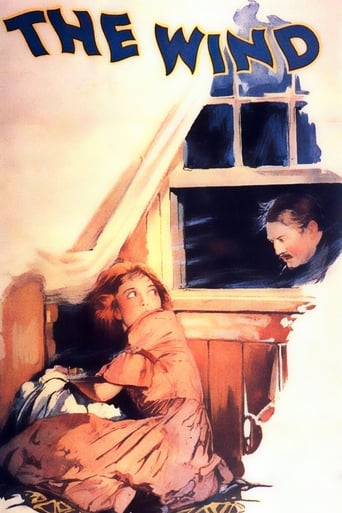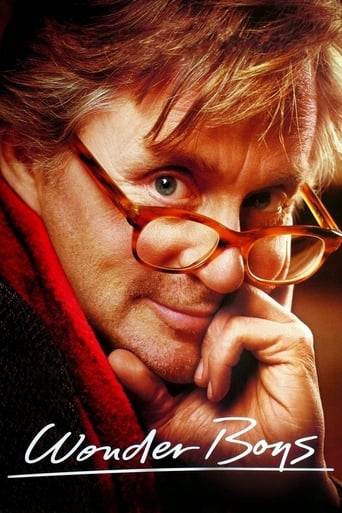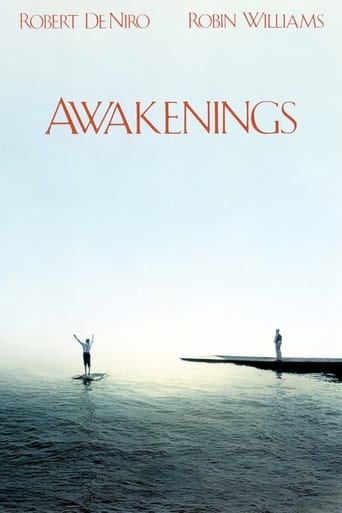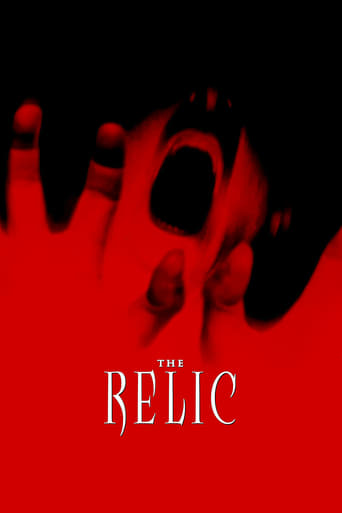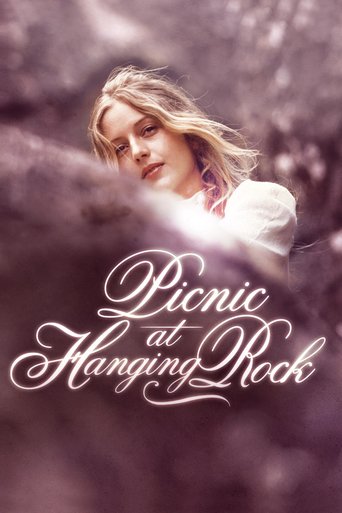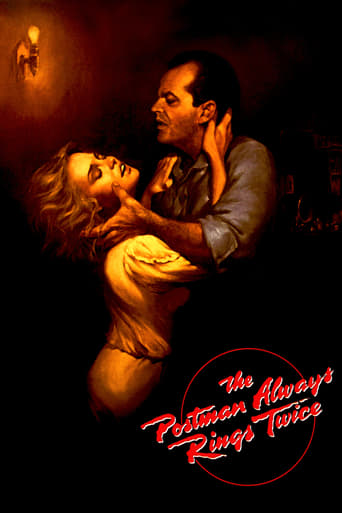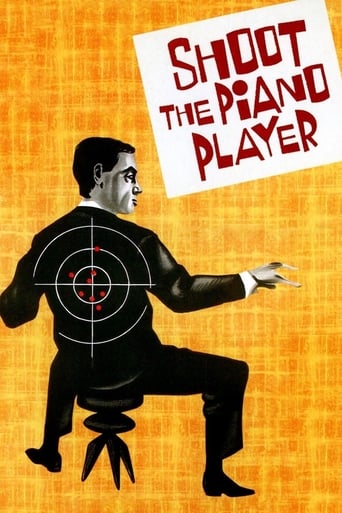
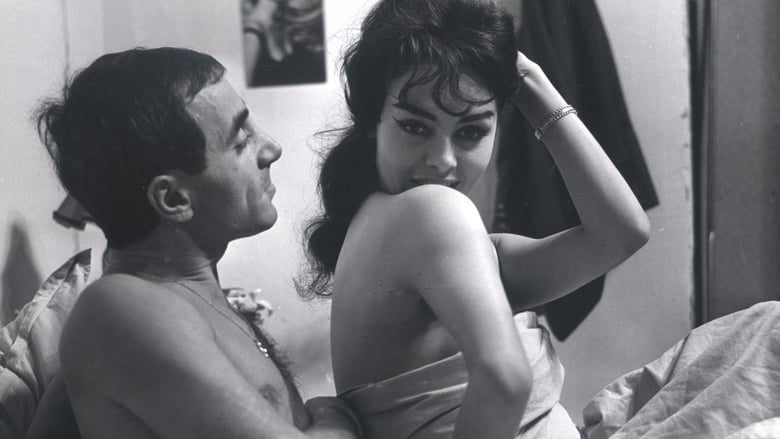
Shoot the Piano Player (1962)
Charlie is a former classical pianist who has changed his name and now plays jazz in a grimy Paris bar. When Charlie's brothers, Richard and Chico, surface and ask for Charlie's help while on the run from gangsters they have scammed, he aids their escape. Soon Charlie and Lena, a waitress at the same bar, face trouble when the gangsters arrive, looking for his brothers.
Watch Trailer
Cast


Similar titles
Reviews
Shoot the Piano Player (1960) has quite the generic pedigree, spitting in the face of genre altogether: it is part gangster movie, part slapstick comedy, part melancholic romance. I suppose this bizarre hybridity is partially responsible for the movie's poor performance critically and commercially upon its original release. Yet none of these contrasting elements clash, making for one of the most unique and wildly entertaining movies of the French New Wave. I'll applaud any movie which can make me laugh my head off one minutes and then leave me contemplative and sad the next. It must be seen to be believed. The director Francois Truffaut was a true treasure and it saddens me to this day that we lost him too soon.
After the elaborate success of his debut Truffaut went into this film seeking to subvert and play with the noir archetypes, the Hollywood B-movies with the jaded, rough edged leading men, the despicable criminals, the sultry femme fatales. So the film shifts from the jaunty opening piano tune to a dizzying night-time chase; smash cuts push the headlights up into the running man, which then suddenly switches to a mundane conversation about the challenges of married life. There are no clear cut rules or boundaries here as the French New Wave dictates, so clichés get turned on their head. Charlie and Lena get picked up in broad daylight and driven to god- knows-where, but the conversation inexplicably turns into a humorous matter-of-fact spiel about the perils and madness of the women in their lives. See how Truffaut shoots this scene; the camera free-flowing and hand-held, capturing their giggles and jokes as if this was not a threatening kidnapping but rather young students on a summer road-trip. In Aznavour we have a timid, almost cowering leading man. He plays his cheerful piano at the local dive whilst the patrons dance away during the night of their lives and his face is curled up in the background, forlorn and miserable. This composition is not withdrawn and broody as it should be; in fact the humour comes from the irony and almost bizarre, slapstick contrast it creates. We see it again in the closing shots. Opposing this feeble lead are strong female characters; not ones that abuse and flaunt their sexuality, but thoughtful, vulnerable women who see past convention and are not so easily wooed. The most genuine and startlingly funny scene is Charlie attempting the simple act of trying to hold Lena's hand. This little action is ballooned up in his thoughts - he extrapolates everything and panics over the slightest reaction. His intrusive, gun-shy thoughts are not unlike our own - slowly weeding its way into our insecurities and making a big deal out of nothing. And then it is not anything he does, but rather the sheer physical embarrassment on his face that opens the floodgates and smiles. Another notable scene is his nervousness in pushing the bell to the door of the audition; Truffaut pushes into closeup more and more with each successive edit, then abruptly cuts to a wide shot of the hallway, showing just how tiny and insignificant he is. He shrinks instead of rising to the challenge. Would a noir ever apply this cut to its protagonist? What a cosmic farce Charlie lives in. He shows not the least amount of interest in the criminal affairs that he is nevertheless dragged in because of his family. The genre morphing from Truffaut has led him to become thoroughly confused about what sort of man he is and what sort of man he should be. Instead of comforting his despairing wife like his good nature tells (nags incessantly, more like) him to, he runs away coldly like a noir hero might, buffeted by his troubling thoughts. And he drags Lena back into the underground, and gets her killed in a meaningless affair. Nothing ever seems to fit nicely. The kidnappers again descend into comical nonsense as they debate many trivialities with the young Fido who should be terrified. Tinkling, light music invades the dark, grim night-scapes. Charlie is left once again to play his cheerful tunes. His face is etched in regret; how could he have gone wrong?
Charlie Kohler is a piano player in a bar. The waitress Lena is in love with him. One of Charlie's brother, Chico, a crook, takes refuge in the bar because he is chased by two gangsters, Momo and Ernest.Among the films referenced in "Shoot the Piano Player" are Hollywood B movies from the 1940s, the techniques of using an iris from silent films, Charlie being named after Charlie Chaplin and having three brothers (and one named Chico) being a reference to the Marx Brothers, and the film's structure and flashbacks being similar to the structure of "Citizen Kane". Truffaut later stated that "In spite of the burlesque idea to certain scenes, it's never a parody (because I detest parody, except when it begin to rival the beauty of what it is parodying). For me its something very precise that I would call a respectful pastiche of the Hollywood B films from which I learned so much." This is very much a Truffaut love letter to Hollywood. Although there is no specific parody (as he says), there are enough touchstones that he leaves his sources known. In a way, this is sort of what Quentin Tarantino does by dropping references to his favorite films, many of them quite obscure. I suspect that those who are critical of Tarantino for this practice would be more forgiving of Truffaut.
François Truffaut, the father of the auteur theory, expressed revolutionary ideas about cinema and his theories about growth of cinema and his ideas that stretched cinema to a true art form played a major role in cinemas development today. Unfortunately, I just can't seem to find the translation of his ideas into his own films. Shoot the Piano Player is about a man named Charlie Kohler who plays piano in a small bar. He used to be a huge piano virtuoso until he became too involved with his brothers who are part of the gangster world. And now he can't escape their world as much as he wants to. After one of his brothers comes to his bar looking for refuge, Charlie, whose real name is actually Edouard, a name he gave up after leaving his professional piano playing days, is reluctantly drawn back into his family's business.Overall, Shoot the Piano Player was a pretty dull experience. There are certain things you can give it credit on. It tells an original story with characters that don't fall into particular stereotypes. The dialouge is witty and fluid, although I do have some issues with it. But I'll get to that in a second. I want to keep from sounding like I hated this film or that it is a bad film, because both of those are false. I didn't hate this film because it isn't a bad film, and it's not a bad film because Truffaut really does strive for something original here. I suppose that for the time it probably was pretty original, but today I'm not very impressed by any of it, and I hate to admit it but it sort of bored me. Maybe it is all just personal issues of mine, but for whatever reason I was never enthralled by the story here. I followed it just fine, but I was never moved by it and I never felt the motivation or obligation to invest much interest in the story, as much as I felt I should have been able to. Perhaps I just look for too much in a film and want to be emotionally gripped in every film I watch. But I don't want this review to devolve into a reflection of my own movie watching habits, so I'll move on.Truffaut boasts a keen understanding of the human psyche and human condition in all of his films. He strives to include an abundance of comments on sociology in his dialouge, and that brings me back to the issue I mentioned earlier. There are odd moments when I start to feel like Truffaut is just throwing a line into the story to make some point about the human psyche. It seems like many of his scenarios are too well set up and only serve as a means to reflect on humanity. I give him kudos for addressing the thing which mystifies us all and is the subject of so many movies, but I just feel like the execution of some of his ideas fall flat. A lot of other films do this, and probably more blatantly than Truffaut, yet I guess I don't notice the blatancy as much as in a Truffaut film, because when I think of Truffaut I think of psychology and his theories relating back to auteurs. It's a weird idea that probably makes zero sense, but that's the best I can explain it.So I'm not sure how much of this review has actually been about Shoot the Piano Player, so I apologize. But I suppose it goes to show how I was only able to become mildly interested in this film. There isn't a whole lot that grabbed my attention here, thus I just don't have a ton to say about this movie. It isn't a bad film, but to me it wasn't memorable and I don't plan on seeing it again.


